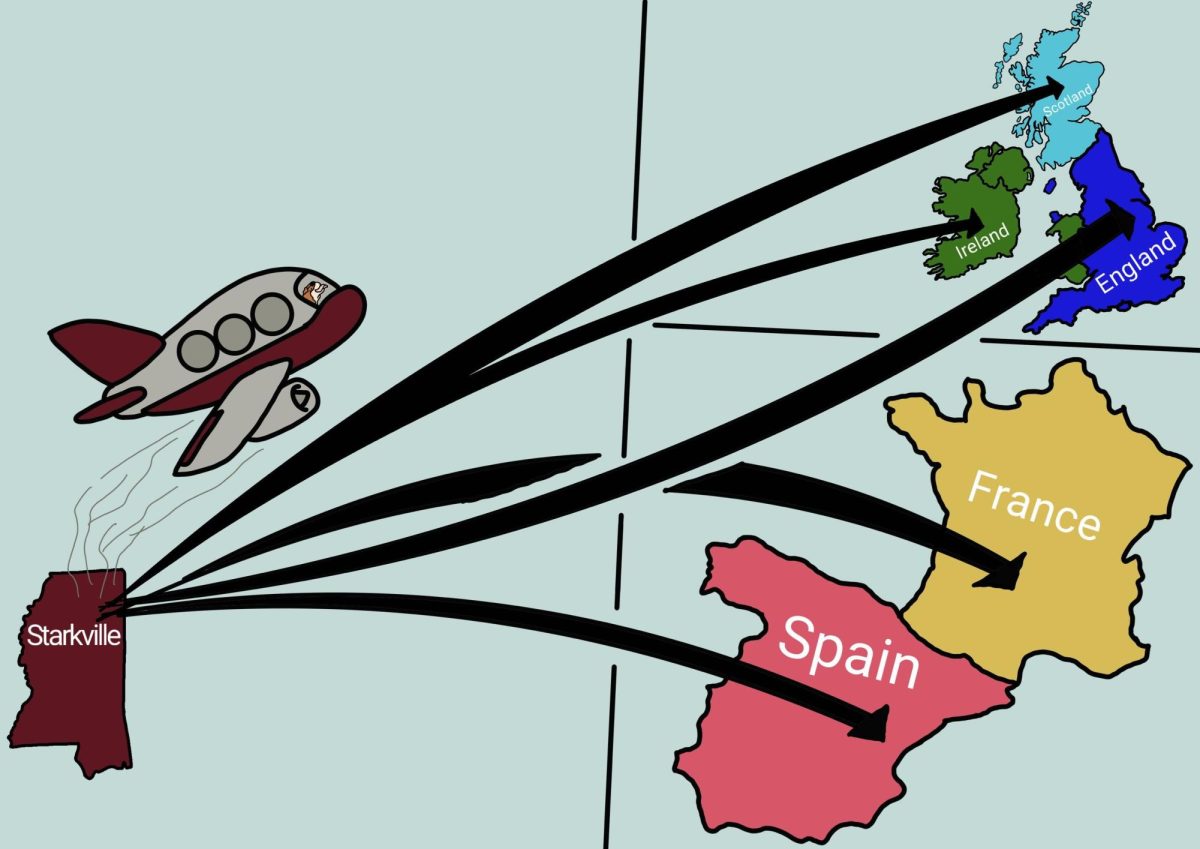Music is a thread that connects all of humanity. The U.S. music industry is the world’s largest market, but the advancement of technology and increase of streaming services put the U.S. music business through a massive transition that may jeopardize much of the industry.
2013 was a big year for music. Justin Timberlake, Britney Spears, Katy Perry, Lady Gaga, Drake and Jay Z all had big buzz with their new albums, but sales failed to live up to the hype. At the end of summer 2013, Neilson Soundscan, the official record for weekly music sales, published the lowest recording of album sales since Soundscan began recording in the early 1990s. In its first week, Katy Perry’s album, “Prism,” sold less than 300,000 copies, which was still more than the next eight titles combined. In a year-end recap article on New York Times blog site, “Artsbeat,” Allan Kozinn cited Justin Timberlake’s album “The 20/20 Experience” as the year’s top-selling album, with 2.43 million copies sold. Those numbers are high, but lower than previous years’ sales.
In 2011 and 2012, Adele topped the charts with the sales of her album, “21,” selling 5.82 million and 4.41 million copies, respectively. Soundscan reported that Timberlake’s album sold the lowest number of copies of any chart-topping album in the history of Soundscan’s reports. Overall, CD sales dropped a whopping 14 percent in 2013. Ironically, the sale of vinyls rose a dramatic 33 percent to 6.1 million units sold. Although the vinyl market is a nice trend to watch, it is nothing more than a trend. The real change that will revolutionize the music industry is digital streaming.
Spotify, Rdio and Pandora are current household names for listening to new music. The ease and affordability of streaming plans have caused a rapid decline in physical album sales and affected digital album sales. Streaming already accounts for 16 percent of the market’s revenue.
The decline in album sales spurred a response and discussion about the lifespan of the 10-track album. In an article in “The Guardian,” Bob Lefseta, an industry commentator, gave a word of warning to musicians regarding the length of their music.
“No one’s got time to sit and hear your hour-plus statement,” he said.
Lefseta said hype does not work. Instead, an artist must connect with his or her audience.
One pop star may have found the answer the industry needs. At the end of 2013, the unthinkable happened. Beyoncé dropped an album out of thin air. At midnight on a Friday night, it was announced that Queen B’s new self-titled album, complete with 14 songs and 17 music videos, could be purchased on iTunes and other digital music stores immediately. The music was not on Spotify, Rdio or any other streaming sites. The album was not available in stores for another week. As a result, Beyoncé managed to sell over 800,000 copies of her album within a mere three days. Beyoncé’s album plays as a collective piece of work rather than a gathering of hit singles, thus challenging Lefseta’s prediction of the album’s death.
Where does the consumer stand? In a “Rolling Stone” article, Ed Christman of “Billboard” said the public knows what it wants and will ask for it.
“Consumers are fickle beasts – they want choices,” he said.
A poll of 50 Mississippi State University students on campus and on Facebook showed that 86 percent of students preferred streaming services and proved Christman’s assertion that consumers want options. Thirty-four percent of the students said they like to listen to an album on a streaming service, but if they decide they enjoy the album, the students will purchase a CD or vinyl.
Cody Forrest, senior marketing major, said the personalities of the artists matter to him as much as the music itself when he decides to purchase an album.
“I listen to Spotify unless I like the band,” he said. “If I like the band for who they are as people, I am more likely to buy an actual physical CD.”
Forrest’s statement affirms Lefseta’s comment about the need for artists to connect with their audiences.
Sarah Sullivan, freshman communication major, said she streams music because it is cheap.
“I listen to Spotify because I’m poor,” she said.
Though the music industry works through the changing landscape of streaming and purchasing music, college students seem to unanimously enjoy streaming services for their low costs. Students want access to as much music for as little money as possible so they can listen to the new “Her” soundtrack (which may secretly be the Backstreet Boys’ “Black and Blue” album) while they study through the night.




















































































